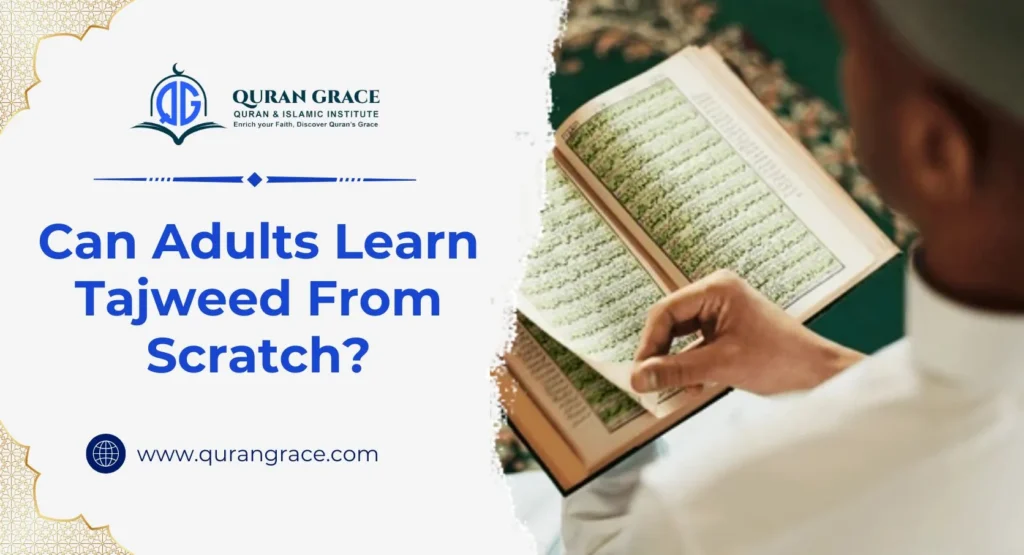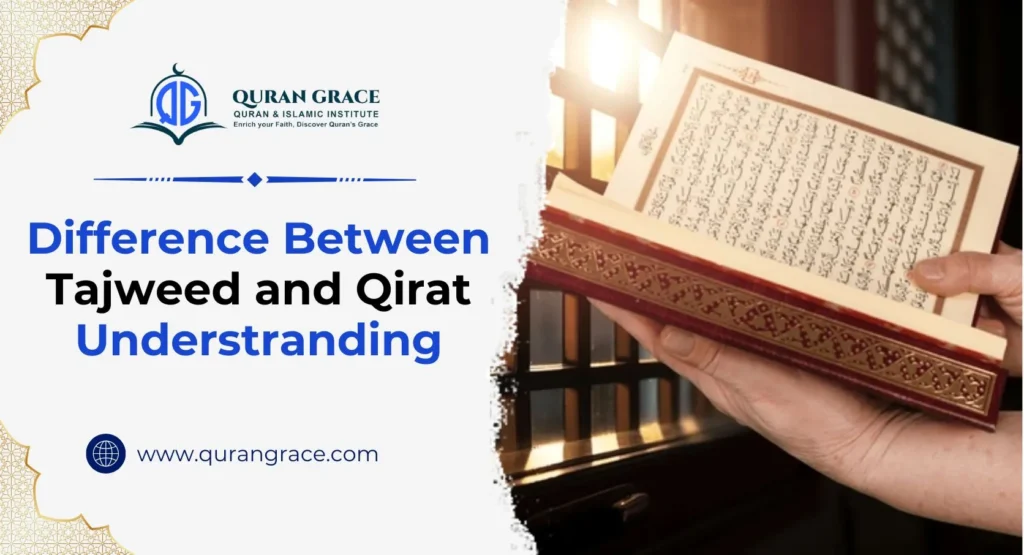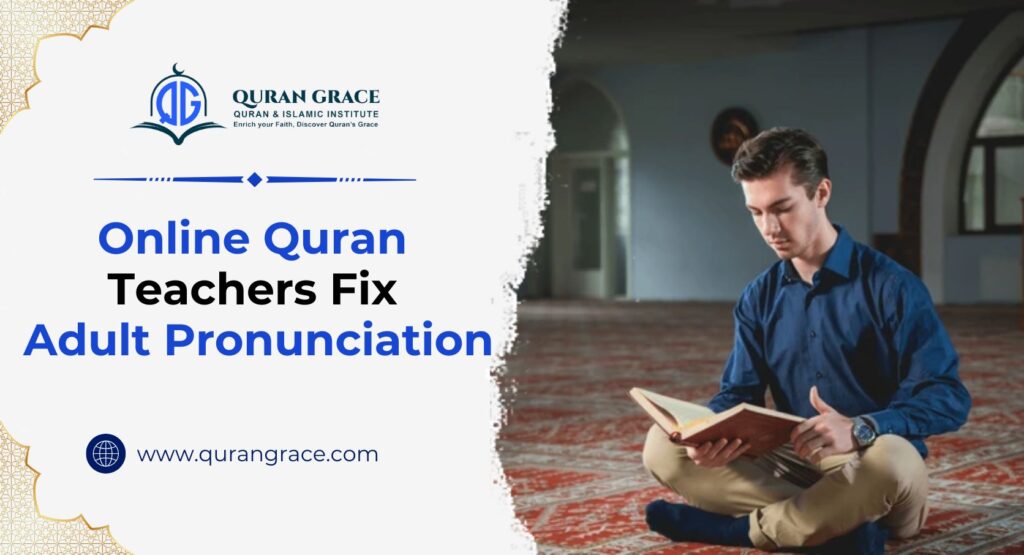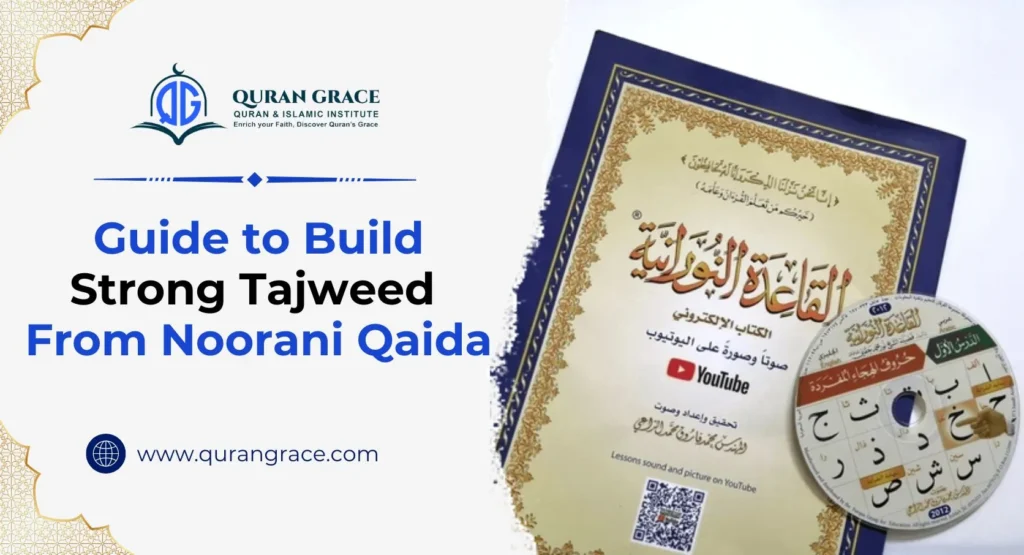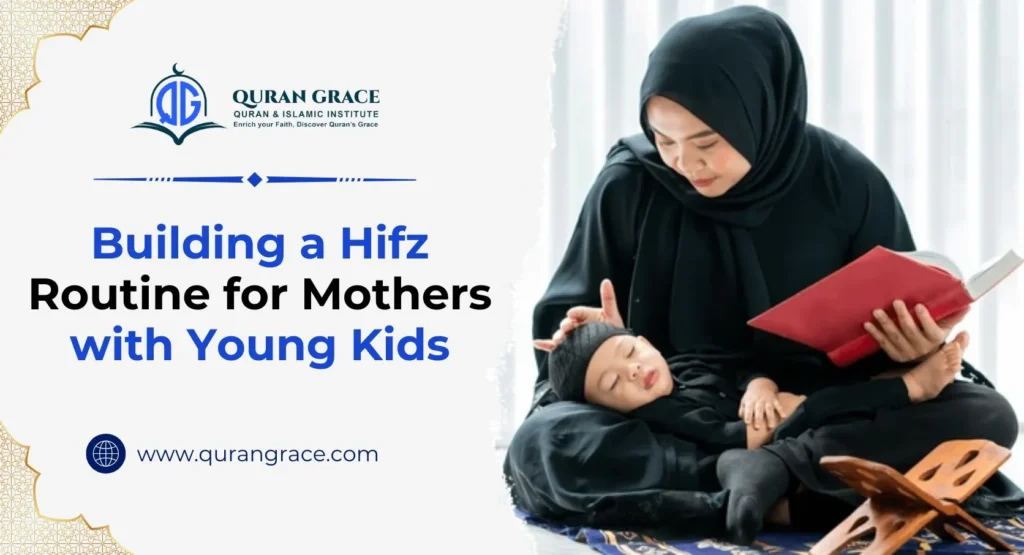In today’s world, filled with information and various influences, helping our children develop a strong sense of right and wrong and a clear identity is more important than ever. For Muslim families, this often involves teaching their children about Islam in a meaningful and practical way from an early age. Enrolling them in an Islamic studies for kids course can help ensure they not only learn the basics, but also build a genuine connection with their faith — beyond simple memorization of facts.
Guide to Instill a Love for Islamic Knowledge in Our Children
Let’s explore the importance of Islamic education for children in the following lines.
1. Building a Strong Foundation of Faith (Iman)
At its core, Islamic knowledge helps children understand the fundamentals of their faith. Learning about Allah (SWT) – His oneness, His attributes, and His creation – fosters a sense of wonder, gratitude, and submission. They know about the purpose of life, their role as worshippers, and the beautiful relationship between creator and created. This foundational understanding acts as an anchor in a sometimes turbulent world, providing them with unwavering belief and trust.
2. Developing a Moral Compass and Ethical Behavior
Islam is a complete way of life, offering comprehensive guidance on ethics, morals, and conduct. Through stories of the Prophets, lessons from the Quran, and the Sunnah of Prophet Muhammad (PBUH), children learn about:
- Honesty and Truthfulness: The importance of speaking the truth, even when difficult.
- Kindness and Compassion: Treating others with empathy, generosity, and respect.
- Justice and Fairness: Upholding rights and standing against oppression.
- Patience and Perseverance: Navigating challenges with resilience and hope.
- Gratitude and Humility: Appreciating blessings and avoiding arrogance.
These teachings are not just abstract concepts; they are practical tools that help children make sound decisions and interact positively with the world around them.
3. Cultivating a Sense of Identity and Belonging
In an increasingly globalized society, children can sometimes struggle to define who they are. Islamic knowledge provides them with a powerful and beautiful identity. They learn about the rich history of Islam, the contributions of Muslim scholars, scientists, and artists, and the vast global Muslim community. This fosters a sense of pride in their heritage and a feeling of belonging to a universal brotherhood and sisterhood, transcending geographical and cultural boundaries.
4. Understanding the Wisdom of the Quran and Sunnah
The Quran is the literal word of Allah, and the Sunnah (the way of the Prophet Muhammad (PBUH) is its practical interpretation. Introducing children to these sacred texts helps them understand the divine guidance meant for humanity. They learn about stories of past nations, parables, and directives that are timeless and universally applicable. This understanding empowers them to reflect on their lives, seek answers to their questions, and find solace in divine wisdom.
5. Developing a Sense of Purpose and Accountability
Islamic knowledge teaches children that life is a test, and they are accountable for their actions. This concept, far from being burdensome, instills a strong sense of purpose. They learn that their efforts, good deeds, and intentions are recognized and rewarded by Allah. This encourages them to strive for excellence, both in their spiritual and worldly pursuits, knowing that every action has significance.
6. Fostering Inner Peace and Spiritual Well-being
Connecting with Allah through prayer (Salat), remembrance (Dhikr), and reflection brings immense inner peace. Children who are taught these practices from a young age develop coping mechanisms for stress, anxiety, and challenges. They learn to turn to their Creator in times of both joy and difficulty, finding comfort and strength in their faith. This spiritual resilience is invaluable for their mental and emotional well-being.
7. Promoting Critical Thinking and Intellectual Growth
Islam encourages seeking knowledge and reflecting on the signs of Allah in the universe. Learning about Islamic principles involves critical thinking, analysis, and understanding different perspectives. Children are encouraged to ask questions, explore, and delve deeper into their faith, fostering intellectual curiosity and a love for learning.
How to Instill Islamic Knowledge Effectively:
- Lead by Example: Be a living embodiment of Islamic values.
- Make it engaging: Use stories, games, art, and interactive activities.
- Read Together: Share Islamic storybooks, Quranic tales, and the Prophet’s biographies.
- Create a Spiritual Home Environment: Establish regular prayer times and a peaceful atmosphere.
- Enroll in Islamic Classes: Seek out qualified teachers and Sunday schools.
- Encourage Questions: Create an open space for children to express their curiosity.
- Visit Mosques and Islamic Centers: Expose them to the wider Muslim community.
- Focus on Understanding, Not Just Memorization: Emphasize the meaning and wisdom behind the teachings.
Conclusion
Investing in our children’s Islamic education helps their overall growth. It provides them with the skills to live with faith, honesty, and purpose. This prepares them for success in this life and in the Hereafter. We at Quran Grace have joined hands with parents to support them in this task and have begun online islamic classes for kids. You can avail yourself of our free evaluation class and let your child start this beautiful and enlightening journey.



